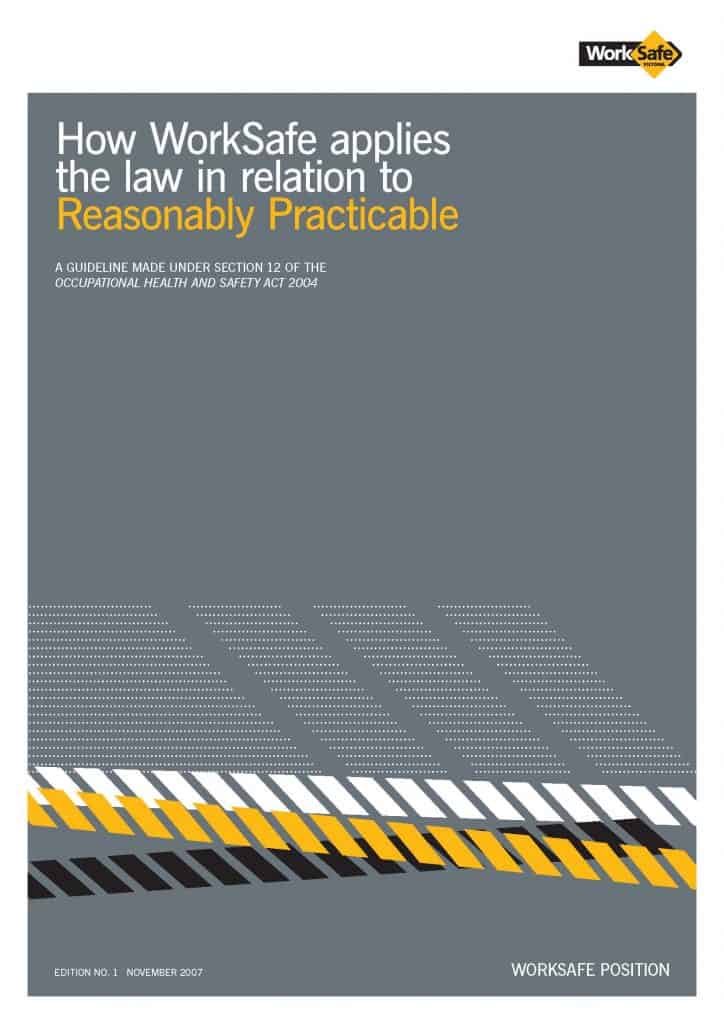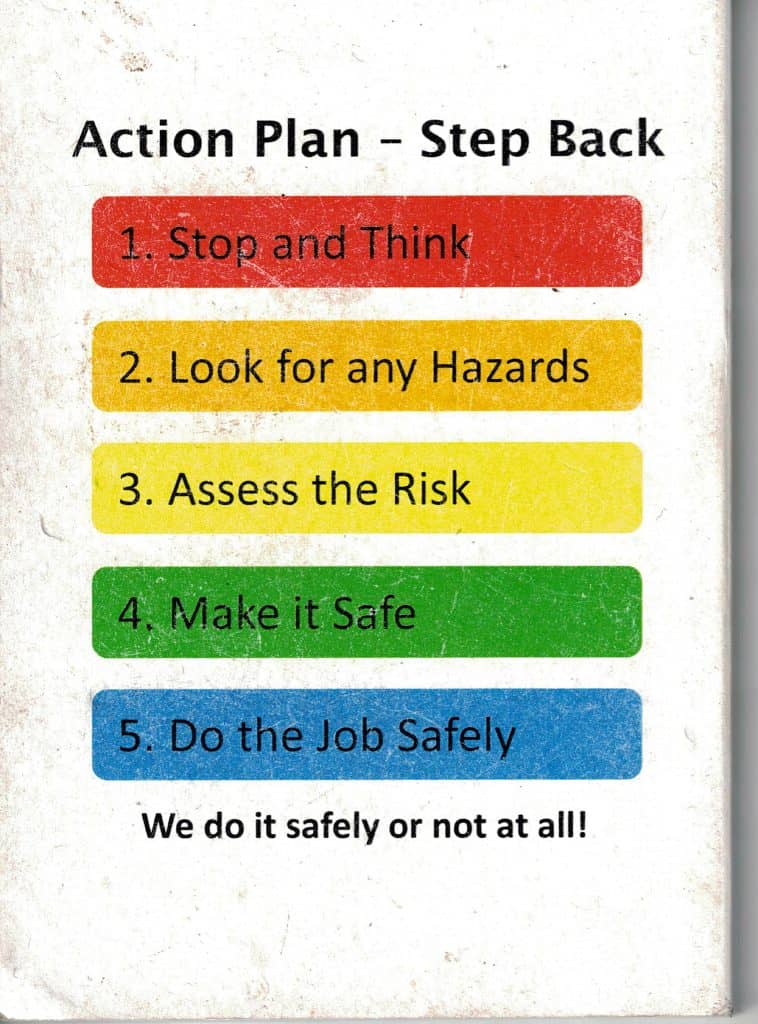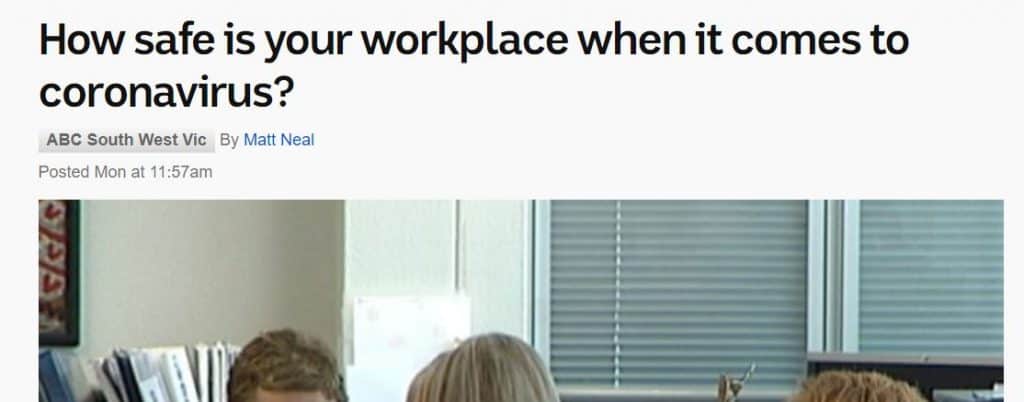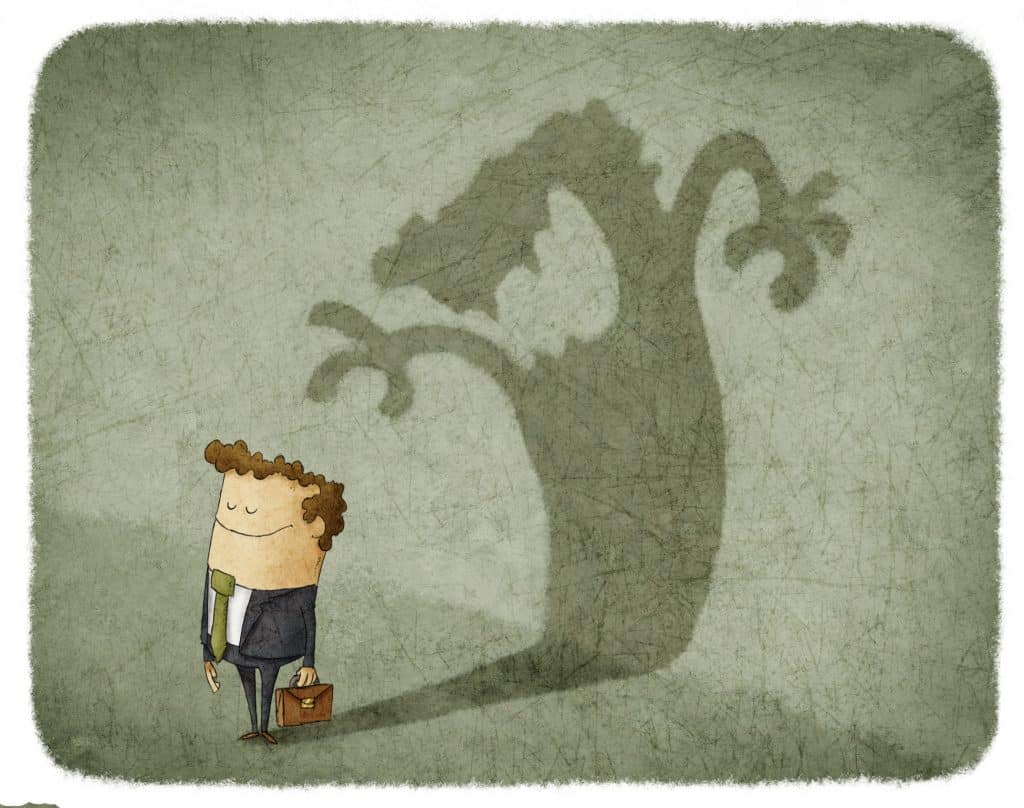
The best public document on determining what is reasonably practicable under occupational health and safety (OHS) law remains this one from WorkSafe Victoria but, importantly, it is also unhelpful. The unhelpfulness is there in the title:
“How WorkSafe applies the law in relation to Reasonably Practicable”
What is needed more is a document about how an employer is expected to apply reasonably practicable to their workplace rather than how the law is interpreted. The focus should be on achieving a safe and healthy workplace but the discussion of Reasonably Practicable is almost always reactive and reflective with little advice on how to use this concept in Consultation to satisfy the positive (some still say “absolute”) duty of care. Below is a brief attempt at clarification.






